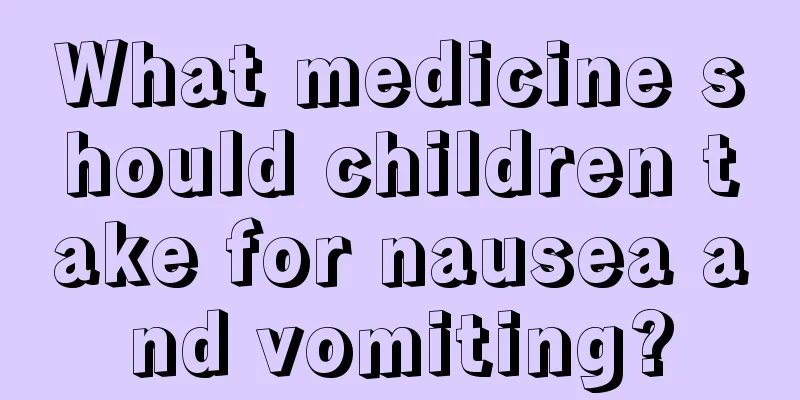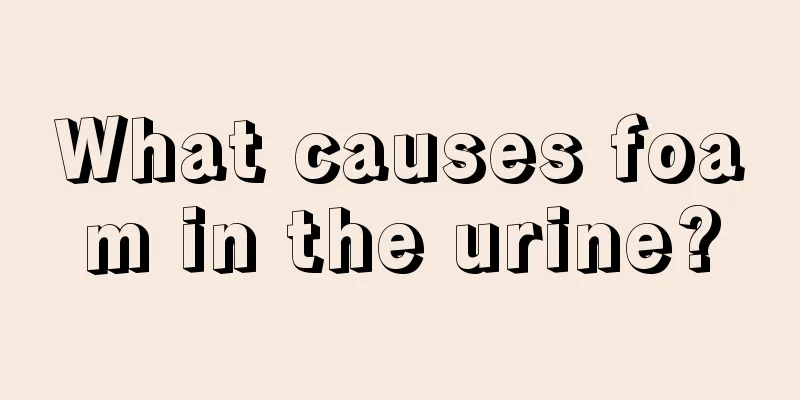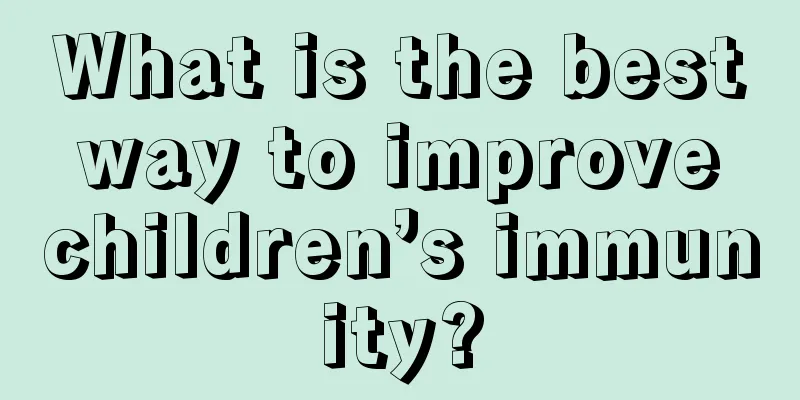What is the reason why my baby still has cavities when he is 3 years old?

|
Many parents and friends have to sing this: their children have never complained about tooth discomfort in the past, but as soon as they have toothache, they must take the children to the hospital for a check-up. Once the doctor finds a lot of rotten teeth in their children's mouths, he or she will say that the parents are irresponsible for not taking the children to treatment in time. Some even have to have the teeth extracted. Some problems afterwards are also very upsetting. So what should you do if your child has cavities? Why on earth does this happen? What can parents do to prevent this from happening? Children's nervous system is not fully developed, so they are insensitive to various dental diseases. In the early and middle stages of the disease, there is basically no reaction. By the time obvious symptoms appear, the disease has already reached a very serious stage. Some children have a mentality of refusing medical treatment. Sometimes they have heard others say that seeing a dentist is painful, or their parents have threatened their children with dental problems, so that the children dare not speak up even if they feel dental discomfort. Over time, by the time they have to speak up, the minor illness has become a major one. First, brushing your teeth is the simplest and most effective way to maintain oral health. To achieve this, parents should first urge their children to brush their teeth and maintain oral hygiene regularly. If you cannot brush your teeth immediately after a meal or snack, you must rinse your mouth to remove most of the food debris, because these food debris are the cause of many oral diseases. In addition, children should be encouraged to eat more fiber-rich foods, as fiber can help clean teeth. You can also go to the hospital for consultation or do some health care treatments for your teeth, such as: pit and fissure sealing, fluoride rinses, etc., which are all effective ways to prevent tooth decay. Second, parents should take the initiative to check their children’s teeth regularly (they can also check each other’s teeth). If you notice that your teeth have become darker or have abnormal phenomena such as cavities or food impaction, you must go to the hospital immediately for further examination and treatment. Because dental disease is not like a cold or fever, it usually does not heal on its own, and there is no oral medication that can cure it. At most, it can only relieve symptoms. Third, actively cooperate with the doctor's treatment, because once the teeth have neurological symptoms, the treatment process will be more complicated. Usually a course of treatment requires three to four follow-up visits, and each visit has a certain time limit. If parents do not cooperate seriously, minor illnesses will often turn into major ones and eventually have to be removed. There is no need to worry about this. The age at which permanent teeth will erupt to replace deciduous teeth will start when the child is about 6 years old and end when the child is 12 years old. At present, the baby is still in the deciduous tooth period, and the deciduous teeth will be replaced by permanent teeth after the deposit. We recommend that you go to the pediatric dentistry department of the dental hospital to take an X-ray. |
<<: What should I do if my baby has diarrhea?
>>: Causes of shortness of breath in babies with colds
Recommend
What causes children's stool to smell bad?
People inherently believe that the smell of feces...
What are the causes of precocious puberty in children?
In fact, the symptoms of precocious puberty are n...
Can children drink Isatis root frequently?
Although Isatis root is a traditional Chinese med...
What causes nose pain in children?
If a child has a sore nose but no obvious externa...
The earliest symptoms of neonatal hypothyroidism
The birth of a new life, no matter where it is, i...
What should I do if my baby has a stuffy nose and can't hold the milk?
The most important thing for babies every day is ...
My 7-year-old daughter has secretions in her underwear
Girls must pay special attention to vaginal hygie...
How much sleep does an 80-day-old baby need?
I believe that many people think of babies as &qu...
Is it okay to extract teeth for children?
Primary school students will always encounter som...
What is the cause of the white spots on the child's body?
If white spots appear on the child's body, pa...
Treatment for ankle pain in children
We know that many children have ankle pain, which...
Treatment of stomatitis in children
Stomatitis is relatively common in children in li...
What are the causes of indigestion in infants?
We all know that the baby's digestive ability...
What to do if children have a morning cough
In autumn, people are always prone to lung heat, ...
What to do if baby has stuffy nose when using air conditioner_ What to do if baby has stuffy nose when using air conditioner
It is very common to use air conditioning in the ...









